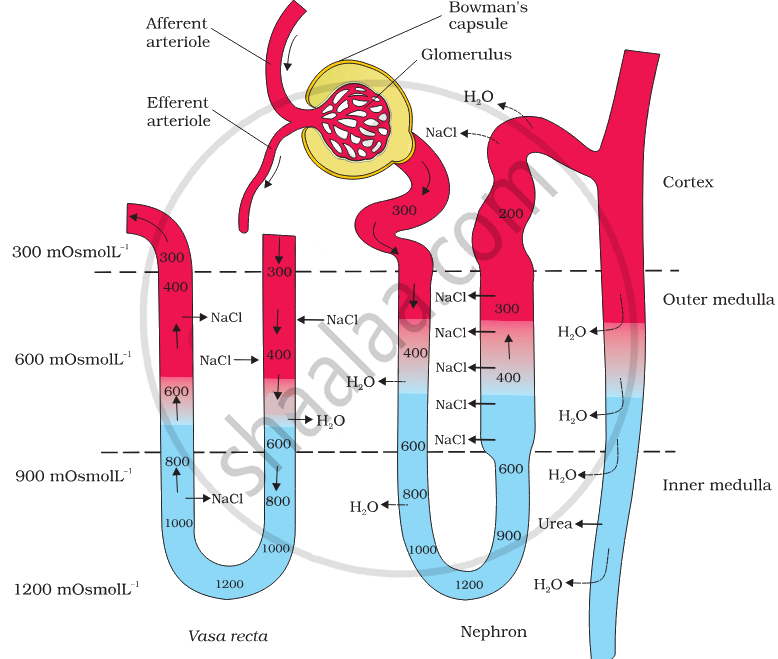How is the amount of urine produced regulated?
The amount of urine produced is regulated by a combination of factors including fluid intake, fluid loss through sweating and breathing, and hormonal influences like antidiuretic hormone (ADH) and aldosterone. The kidneys filter blood, reabsorb necessary substances, and excrete excess water and wastes as urine.
The amount of urine produce is regulated by
1 selective reabsorption ( counter current machanism
2 secretion
3 ultra filtration

The amount of urine produced is regulated by several factors, primarily the reabsorption of water and solutes in the kidneys, and the influence of hormones like ADH and aldosterone. Specifically, ADH increases water reabsorption, reducing urine volume, while aldosterone affects sodium reabsorption and, indirectly, water balance.
Here’s a more detailed explanation:
Water Reabsorption:
The kidneys play a crucial role in regulating urine production by reabsorbing water and other substances from the filtrate back into the bloodstream. This process occurs within the nephrons, the functional units of the kidneys, where specialized cells and structures facilitate water and solute movement.
Antidiuretic Hormone (ADH):
When blood volume decreases or blood concentration increases, the hypothalamus releases ADH, which acts on the kidneys to increase water reabsorption in the distal convoluted tubule and collecting duct, leading to a decrease in urine volume.
Aldosterone:
Aldosterone, a hormone produced by the adrenal glands, influences sodium reabsorption in the distal convoluted tubule and collecting duct, which in turn affects water reabsorption. This leads to increased blood volume and a corresponding decrease in urine output, according to Vedantu.
Blood Volume and Pressure:
Changes in blood volume and pressure also influence urine production. For example, if blood volume decreases, ADH release is stimulated, reducing urine volume and helping to maintain blood pressure.
Other Factors:
The amount of water and solutes consumed, the amount of fluid lost through sweating and breathing, and certain medications or medical conditions can also affect urine production.
Maintenance of urine output is a prerogative of the kidneys and the following are the mechanisms that are followed:
– Antidiuretic Hormone (ADH): This hormone is secreted by the pituitary and it makes the kidneys take in more water which decreases the amount of water that is lost as urine. The more dehydrated the body becomes, the more is let out for the body to save water.
– Aldosterone: An adrenal hormone that modulates the distribution of water and salt in the body. It stimulates sodium absorption in the kidney which influences urine production indirectly.
– Blood Pressure and Osmolarity: There are receptors in the body that sense the pressure of blood and the solute concentration and the filtration and reabsorption of the kidney are adjusted such that the amount of urine output is regulated.